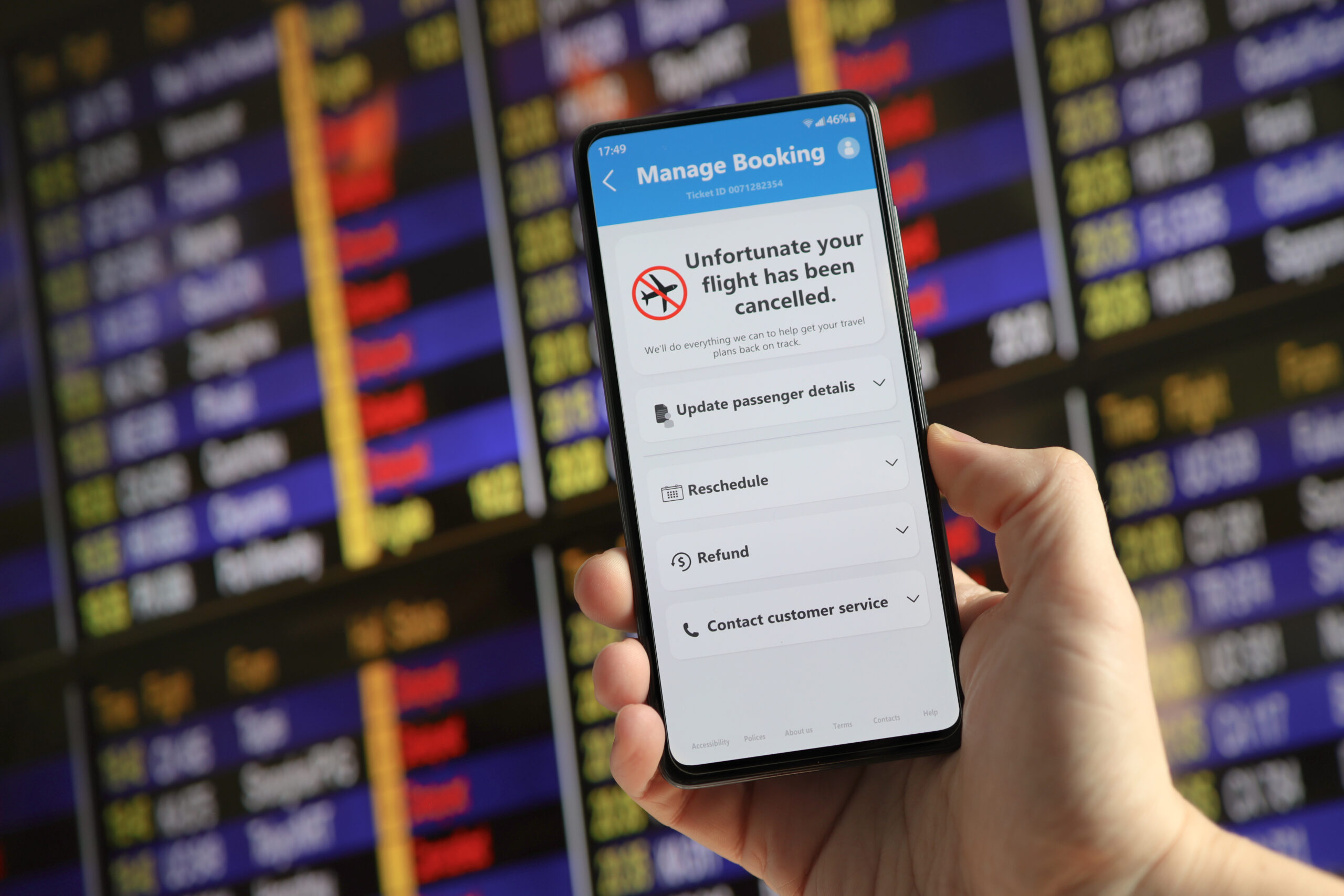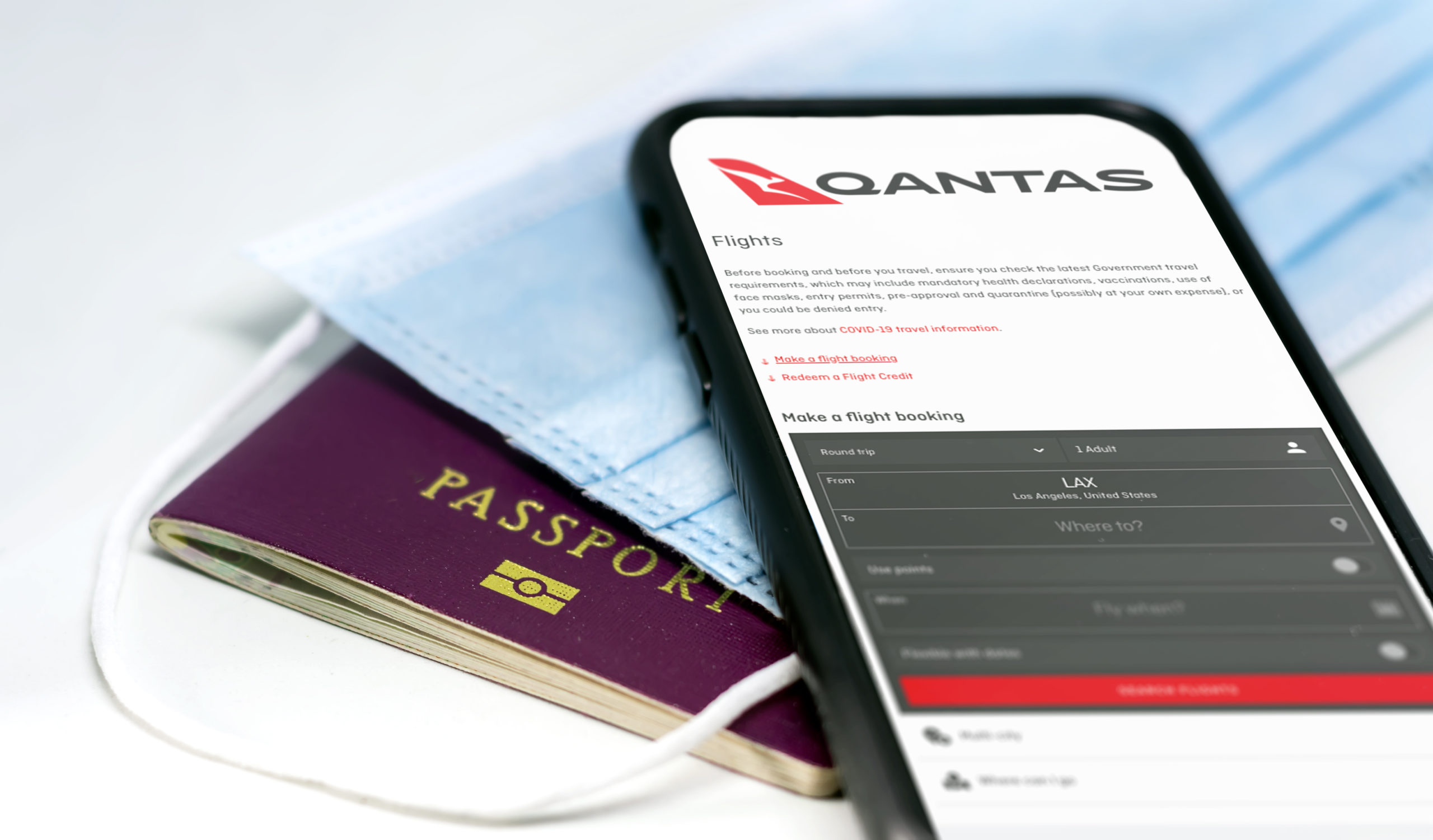
How to get your biggest tax return yet
Last updated on October 18th, 2021
It's the time of the year for tax returns! Experts say that JobKeeper, JobSeeker, and work from home deductions will make this season your biggest tax refund yet. But submitting your tax return is not an easy task, especially with COVID-19 related payments to think about. With these new conditions, there are tax rebate methods to choose from, terms to decipher, and tax agents to consider. We’re here so that you don’t get lost in the tax talk. Let us show you the ropes of the ever daunting tax period.
COVID-19 Benefits
JobKeeper and JobSeeker
Thanks to government initiatives like JobKeeper and JobSeeker, both employers and employees received help to keep their livelihood going during this global pandemic. And if you benefited from one of these perks, the general rule is that you need to declare them in this year's tax return.
Although your income may have changed because of these payments, treat them as a usual salary. Basically, they will still be part of your ordinary income and will therefore need to have tax payments.
The good thing about JobKeeper and JobSeeker is that these are calculated for you either by your employer or the Australian Tax Office (ATO). So that’s one thing less to think about. More specifically, JobKeeper payments are part of your regular income statement as provided by your employer, while JobSeeker payments are included by the ATO in your tax returns.
Superannuation
During the pandemic, some Australians found it difficult to keep up with bills and other payments. For these times, the government gave us early access of up to $20,000 of our superannuation.
Only about 13 percent of us tucked this money away in our bank accounts; most of us used the cash to pay our mortgage, rent, and other household bills. And to be consistent with its purpose, your advanced payment from your super is tax-free.
Yep, you don’t need to pay tax on those early release superannuation payments so they don’t need to be included in your tax return.
Work from Home Deductions
Around 40 percent of Australians are now working from home. This is a significant increase from the last couple of years, due to the pandemic. As we transitioned from working on-site to remote offices, the ATO is now offering tax rebates for your work from home necessities.
Although your income may have changed because of these payments, treat them as a usual salary. Basically, they will still be part of your ordinary income and will therefore need to have tax payments.
Before claiming your work from home rebates, you should look into the four golden rules for work-related tax deductions:
- It should be directly related to earning your income, like internet bills if you usually send emails or go on online for calls and meetings. But you also have to be conservative with your declaration. It’s a given that you’ll use the same internet account to watch Netflix and download games, so calculate the percentage of internet you use for work and apply that percentage to your bill.
- You should have spent the money yourself, and not by the company or other business/individuals that may be connected to you.
- You should not have been reimbursed by your employer or company, in which case you've already been compensated for your equipment/service.
- Lastly, you need to have a record to prove it so that you can file your tax return. How else will the ATO grant your rebate?
Raise your voice - Vote below!
How can I maximise my tax return?
Work from home rebates are particularly crucial if you want to maximise your tax return. You can get refunds for your bills, equipment, and office consumables. The next question is how?
There are three methods to claim your refund. A rule of thumb is that the higher your work from home costs are, the better it is for you to choose a more complicated method. How complicated can things get?
We’ve listed the three methods to choose from so you can decide which one is best for your situation.
Shortcut Method
True to its name, this is the easiest method of the three.
All you have to do is account for your work from home hours in a timesheet and multiply each hour by 80 cents.
This method is best for those who have only recently started working from home. It’s easy to use, but you won’t necessarily get the best return because it doesn’t account for actual costs incurred.
Fixed Rate Method
This method will help you account for actual costs.
Like the Shortcut Method, you count your hours and multiply them by 52 cents. You also get to recover some of your expenses for increased running costs of your work from home setup (such as extra lighting, cooling, heating, electricity incurred by your computer, cleaning costs, and decline value of your furniture) plus other deductions for your shares of work-related bills, office consumables, and the decline in the value of your work equipment and devices.
To put it simply, it’s the fixed rate of 52 cents per hour plus rebates for added costs. This is what makes it give you a higher tax return over the Shortcut Method.
Actual Cost Method
This is the most complicated, yet most accurate work from home tax return method. Why? You’ll have to break everything down to the last cent.
To give you an idea, you’ll be looking at power costs per kilowatt and individual phone hours for a four-week period. You must also be systematic in keeping your receipts. It’s a very meticulous process, and it’s no wonder that you might want to trade it in for one of the above-mentioned methods. But for those who incur higher costs, you might want to try this method to get the most from your tax return.
Should I get a tax agent?

If you're using a more complicated tax rebate method, you might want to consider it.
Tax agents help you learn tax rules and submit your paperwork. They are required to be well-versed on the latest tax trends and are regulated to ensure they give you high quality service. By law, tax agents are obligated to take reasonable care of you by checking your tax history and making sure you have proper documentation.
But as much as they take ‘care’ of you, they take no responsibility for inaccuracies. If there are any errors in your paperwork, it is essentially your fault and not theirs. So even with a great tax agent, you are still responsible to ensure your tax return is accurate.
If you’re looking to hire a tax accountant, make sure you choose someone you can trust. Ask for a recommendation and look for reviews. Your tax agent should be someone you can work with comfortably for many years.
Dates to Remember
Whether you get a tax agent or not, there are key dates to remember in lodging your tax returns. We’ve listed down three of the most important ones including a guide on what you need to prepare on and before each date.
June 30
The official end of the fiscal year. A handy tip is to purchase or prepay your work from home essentials before this date. From laptops, to ink cartridges, work conferences, even charity donations and voluntary super contributions, you can get a tax rebate especially if it's below $300. For purchases over $300, you’ll have to calculate its depreciation over time too.
July 1
The ATO begins to process tax returns starting on this date, as the last fiscal year has ended. But what most of us don’t know is that if you lodge your tax returns too early, you may send it in with errors.
Your myTax from the ATO usually comes in at the end of July. This includes your job salary, bank interest, share dividends, and health fund information. If you do not include these details in your tax form, you will most likely be asked to go back to the ATO with amendments to your submission.
October 31
You have plenty of time to work on your taxes, four months to be exact. Make every second count!
If you allow yourself enough time, you might even be able to calculate the actual cost of your work from home refund.
But remember not to submit your paperwork too late or too early to avoid mistakes and penalties.

Can I fix a mistake?
Yes! If you make an error, you can adjust a tax return straight away, next year, or a few years after that.
But be careful because if your mistake was found to be deliberate, there will be penalties given by the ATO.
If you think you might have made a miscalculation in your taxes, or have been wronged by your tax agent, you can lodge your complaint with us. We’ll help you navigate the tax complaint process.





